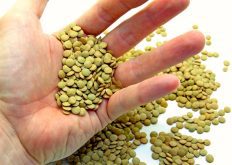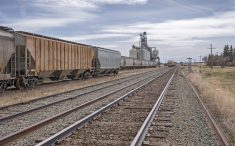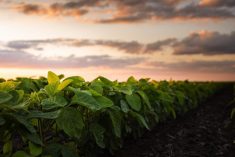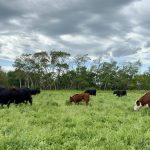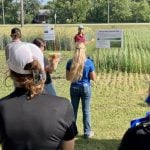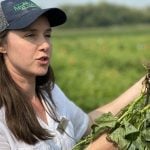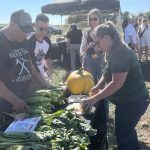By Brian Cross
Saskatoon newsroom
REGINA — The impact of flooding on pedigreed seed production in southeastern Saskatchewan and southwestern Manitoba is still unknown, says the president of the Saskatchewan Seed Growers Association.
But in some areas, losses could be significant.
“What we’re hearing from Manitoba seed growers and Saskatchewan seed growers is that it’s going to have an impact on supplies,” said Laurie Wakefield.
“Some growers were fortunate and may have had very little acreage loss but other estimates are ranging anywhere from 20 to 100 percent loss on some fields.”
Read Also
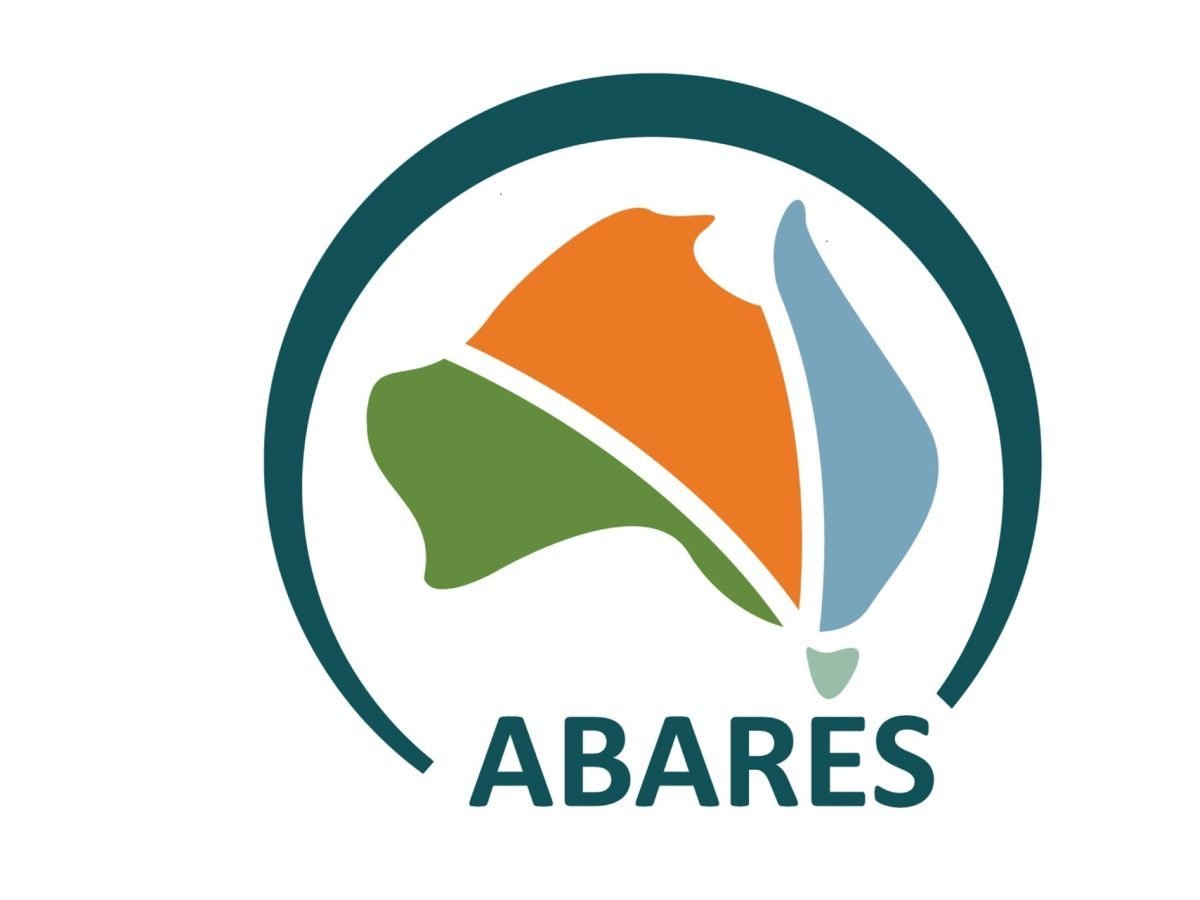
Australian crops to surpass 10-year averages
Australian farmers are forecast to grow slightly more canola and barley this year, while wheat production may dip, according to the latest estimates from the Australian Bureau of Agricultural and Resource Economics and Sciences (ABARES).
A clearer picture of acreage losses will emerge over the next week or two, as seed growers assess the damage more thoroughly and consider cancelling fields that were scheduled for pedigreed seed crop inspections, he added.
Some crops are better equipped than others to handle excess moisture.
Lentils struggle in wet conditions. Other crops, including soybeans and cereals, are more resilient and stand a decent chance of recovering, as long as the weather co-operates.
In the hardest hit areas, some fields have already been written off.
Wakefield said pedigreed seed growers will know within a week or two whether crops initially intended for pedigreed seed production will be repurposed for commercial grain production.
Huge pedigreed seed production last year combined with larger than normal carryovers will help to offset any losses incurred this year, he added.
“If there are big areas that were flooded and are unlikely to recover, conceivably pedigreed seed acres will be reduced and that will affect seed supplies for next year,” he said.
“The fortunate thing, as far as seed supplies for commercial producers, is that last year’s crop was very, very good and quality was very, very good … so a lot of pedigreed seed growers and retailers will … have carryovers that will be available to offset some of that acreage loss.”
In 2013, pedigreed seed acreage was up by more than 32,000 acres in Saskatchewan, rising to roughly 331,000 acres from less than 299,000 acres in 2012.
Manitoba acreage also increased, jumping to 330,000 in 2013 from 313,000 acres a year earlier.
Canada-wide, pedigreed seed acreage surpassed 1.3 million acres last year, the highest level in well over a decade.




